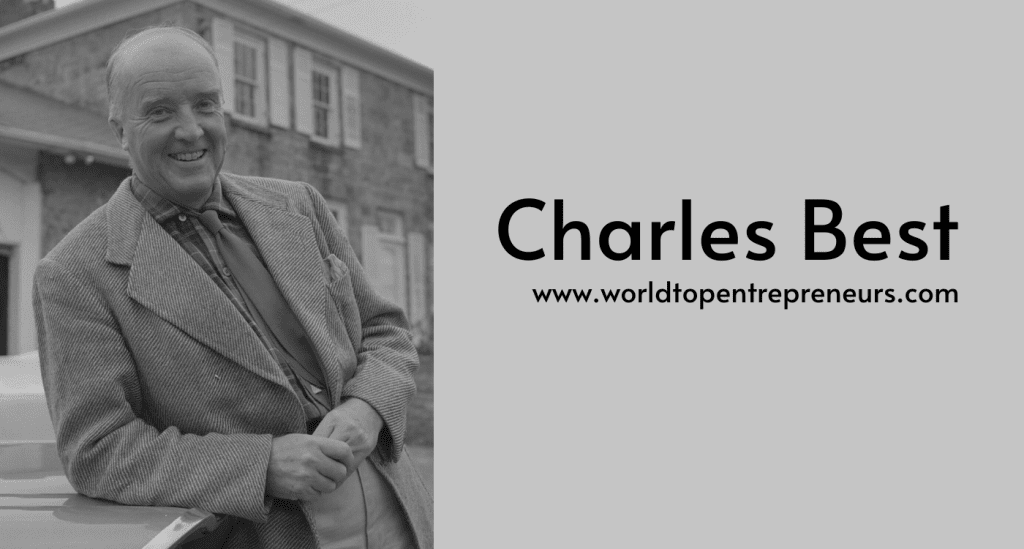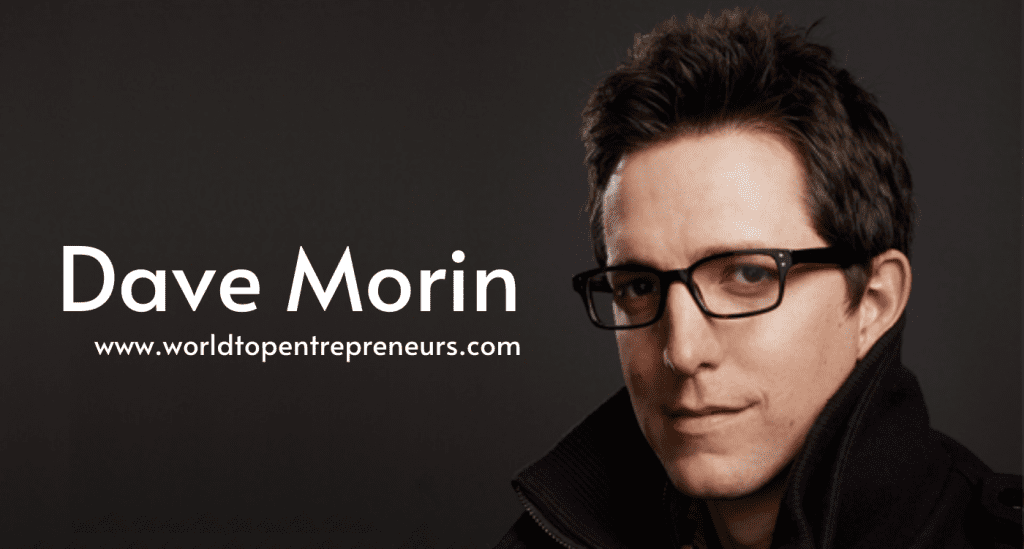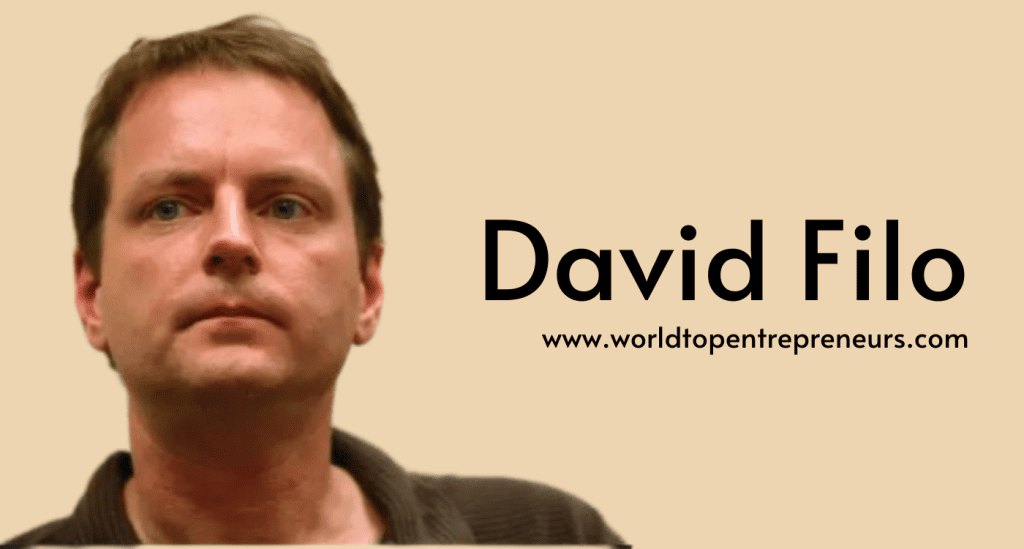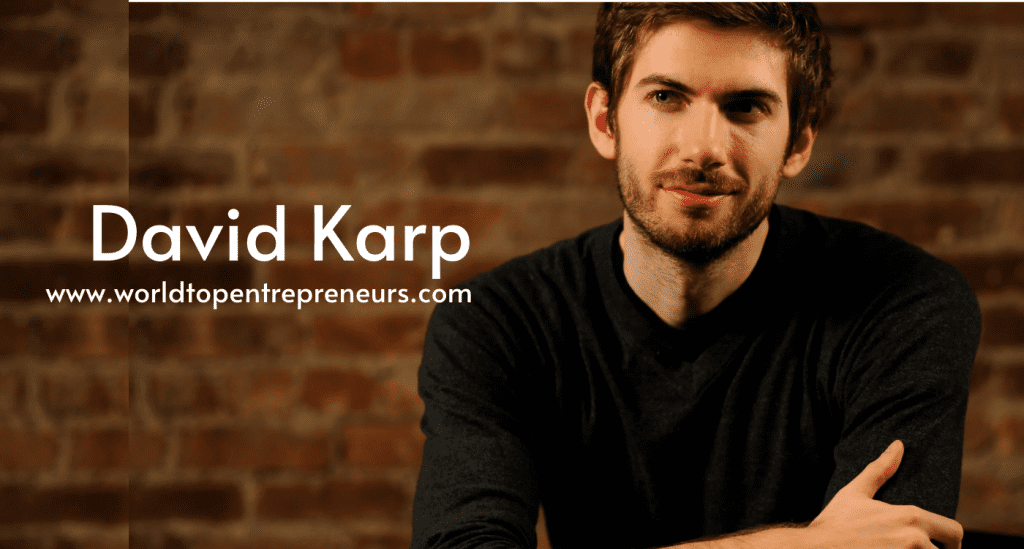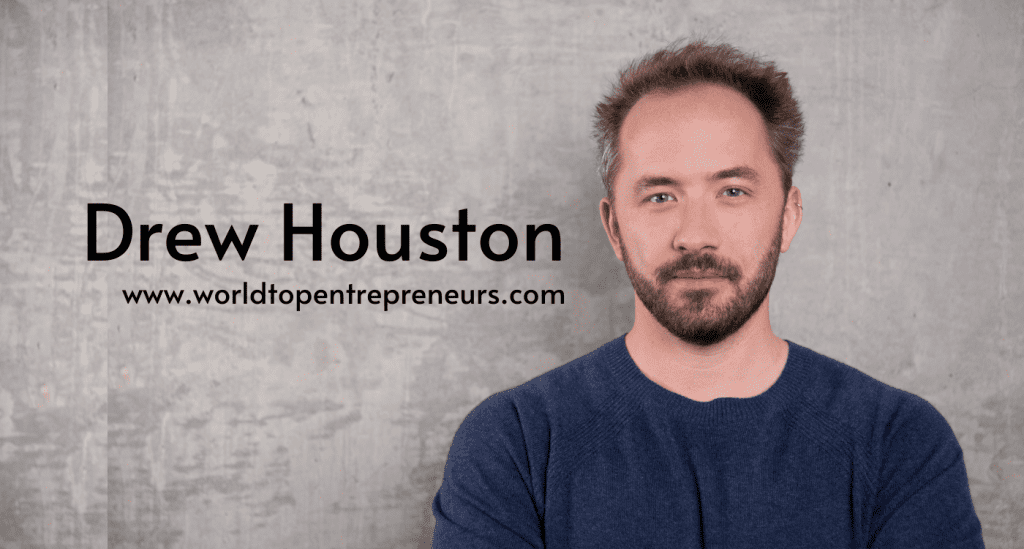In the annals of modern history, few names resonate as profoundly as that of Bill Gates. Co-founder of Microsoft, tech visionary, and a leading figure in global philanthropy, Gates has left an indelible mark on the world. Beyond his entrepreneurial prowess and business acumen, Gates is a complex figure whose life and career have been defined by innovation, controversy, and a steadfast commitment to making a positive impact.
Early Life and Entrepreneurial Beginnings
William Henry Gates III was born on October 28, 1955, in Seattle, Washington, to William H. Gates Sr. and Mary Maxwell Gates. From an early age, Gates showed an exceptional aptitude for mathematics and computer programming. His journey into the world of technology began during his teenage years at Lakeside School, where he first encountered computers and quickly became captivated by their potential.
In 1973, Gates enrolled at Harvard University, where he met his future business partner, Paul Allen. Together, they developed a version of the programming language BASIC for the Altair 8800, one of the first commercially successful microcomputers. This project marked the genesis of Microsoft, which Gates and Allen officially founded in 1975.
Building Microsoft: Revolutionizing the Tech Industry
Microsoft’s early years were marked by rapid growth and innovation. Under Gates’ leadership as CEO, the company became a powerhouse in the software industry, pioneering operating systems and software applications that would define personal computing for decades to come. The release of MS-DOS in 1981 and Windows in 1985 cemented Microsoft’s dominance and laid the groundwork for its global success.
Gates’ strategic vision and relentless pursuit of excellence propelled Microsoft to unprecedented heights. He was known for his intense work ethic, demanding standards, and keen foresight into technological trends. His ability to anticipate market shifts and adapt quickly allowed Microsoft to maintain its competitive edge in an increasingly crowded field.
Challenges and Controversies
While Gates’ professional achievements are widely celebrated, his career has not been without controversy. Microsoft faced numerous antitrust investigations throughout the 1990s and early 2000s, accusing the company of engaging in anti-competitive practices to maintain its monopoly in the software market. These legal battles cast a shadow over Gates’ legacy as a businessman, prompting debates about corporate ethics and market regulation.
Critics also scrutinized Gates’ management style, describing him as demanding and occasionally confrontational. However, supporters argue that his tough leadership was necessary to navigate the complexities of a rapidly evolving industry and drive innovation within Microsoft.
Transition to Philanthropy: The Gates Foundation
In 2000, Bill Gates and his wife, Melinda French Gates, established the Bill & Melinda Gates Foundation, with a mission to enhance healthcare, reduce extreme poverty, and expand educational opportunities globally. The foundation quickly became one of the world’s largest private philanthropic organizations, with an endowment surpassing $50 billion.
Gates’ transition from tech titan to philanthropist marked a significant shift in his priorities and worldview. Inspired by the belief that every life has equal value, he and Melinda embarked on ambitious initiatives to tackle pressing global challenges such as infectious diseases, malnutrition, and lack of access to education. Their philanthropic efforts have had a transformative impact on millions of lives around the world, demonstrating Gates’ commitment to using his wealth and influence for the greater good.
Global Health Initiatives and Impact
One of the Gates Foundation’s most notable contributions has been its focus on global health. Gates has been instrumental in supporting initiatives to eradicate polio, combat malaria, and develop vaccines for diseases such as HIV/AIDS and tuberculosis. His advocacy for scientific research and innovation has revolutionized public health strategies and contributed to significant advancements in disease prevention and treatment.
Through partnerships with governments, NGOs, and research institutions, Gates has championed collaborative efforts to address health disparities and improve healthcare delivery in underserved regions. His strategic investments in vaccine development and disease surveillance have played a crucial role in shaping global health policies and responses to epidemics such as Ebola and COVID-19.
Education Reform and Technological Empowerment
In addition to his work in global health, Gates has been a staunch advocate for education reform and technological empowerment. The Gates Foundation has invested heavily in initiatives to enhance K-12 education in the United States, promoting innovative teaching methods, personalized learning, and the use of technology in classrooms. Gates believes that access to quality education is essential for breaking the cycle of poverty and empowering individuals to reach their full potential.
Gates’ passion for technology as a tool for social change is evident in his support for initiatives that expand internet access, bridge the digital divide, and promote digital literacy worldwide. He envisions a future where technology serves as a force for equity and inclusion, unlocking new opportunities for economic development and social progress.
Criticism and Reflections on Legacy
Despite his philanthropic achievements, Gates continues to face scrutiny and criticism, particularly regarding his wealth, influence, and the impact of Microsoft’s business practices. Some critics argue that his philanthropy perpetuates existing power dynamics and fails to address systemic issues such as income inequality and corporate accountability. Others question the effectiveness of top-down philanthropy in promoting sustainable development and community empowerment.
Nevertheless, Gates remains committed to evolving his approach to philanthropy and addressing complex global challenges through evidence-based solutions and partnerships. He acknowledges the limitations of traditional philanthropy and advocates for greater transparency, collaboration, and accountability in philanthropic practices.
Personal Life and Legacy
Beyond his professional achievements and philanthropic endeavors, Gates’ personal life offers glimpses into his character and values. He is known for his intellectual curiosity, voracious reading habits, and lifelong commitment to learning. Gates is an avid advocate for innovation and believes in the power of ideas to drive social progress and economic prosperity.
In 1994, Gates married Melinda French, a former Microsoft executive, and together they raised three children. The couple announced their divorce in 2021, signaling the end of their partnership both personally and professionally within the Gates Foundation. Despite this personal upheaval, Gates remains focused on his philanthropic commitments and continues to be actively involved in shaping the foundation’s strategic priorities.
Conclusion: The Legacy of Bill Gates
Bill Gates’ journey from computer whiz kid to tech titan to global philanthropist is a testament to the transformative power of ambition, innovation, and compassion. His contributions to the technology industry have reshaped the way we live, work, and communicate, while his philanthropic efforts have touched millions of lives and inspired a new generation of social entrepreneurs and change-makers.
As Gates reflects on his legacy, he continues to advocate for bold ideas and innovative solutions to address the world’s most pressing challenges. Whether through groundbreaking technologies, strategic philanthropy, or advocacy for social justice, Gates’ impact on society will endure for generations to come. His story serves as a reminder that with great wealth and influence comes a profound responsibility to use these resources for the betterment of humanity.
In the words of Bill Gates himself, “We always overestimate the change that will occur in the next two years and underestimate the change that will occur in the next ten. Don’t let yourself be lulled into inaction.” Gates’ journey is a testament to the power of perseverance, vision, and a relentless pursuit of excellence in creating a brighter future for all.














